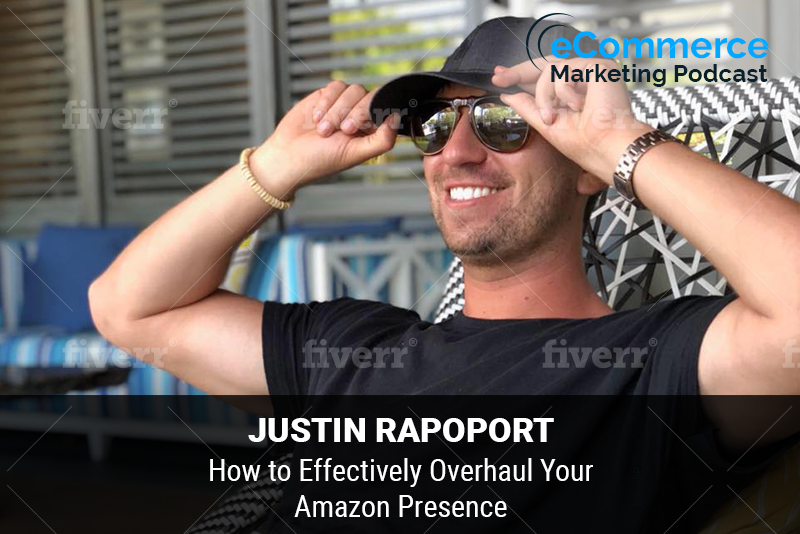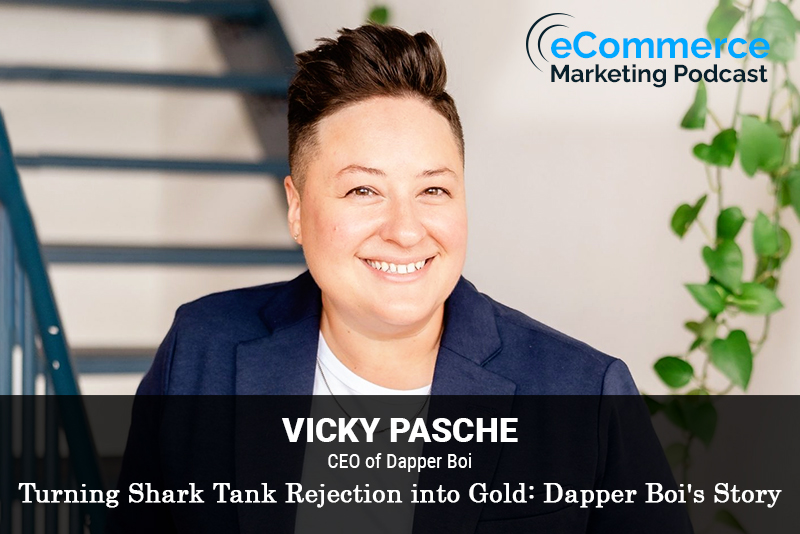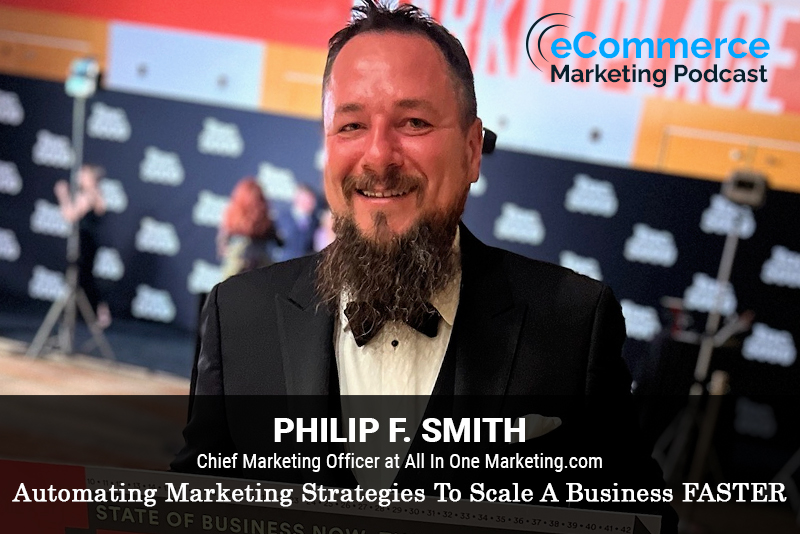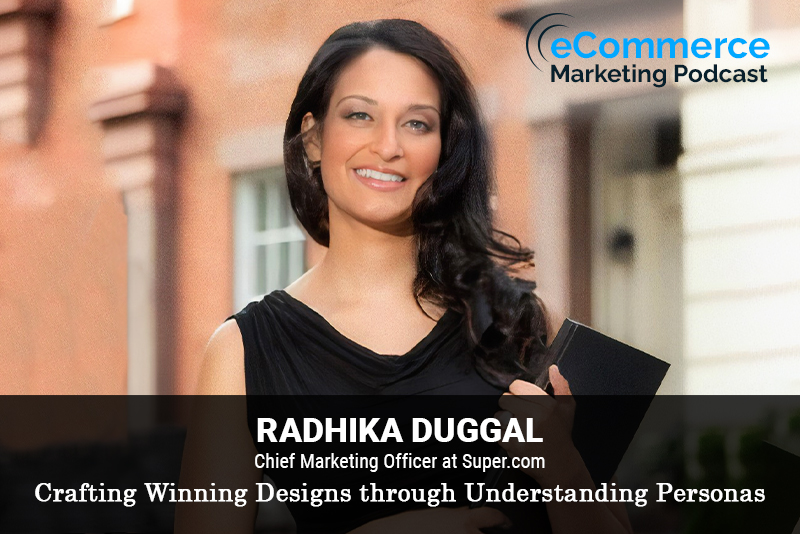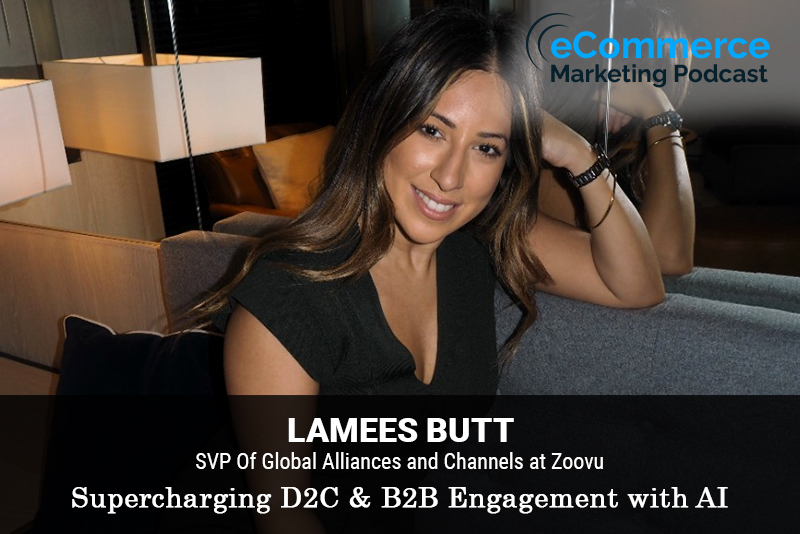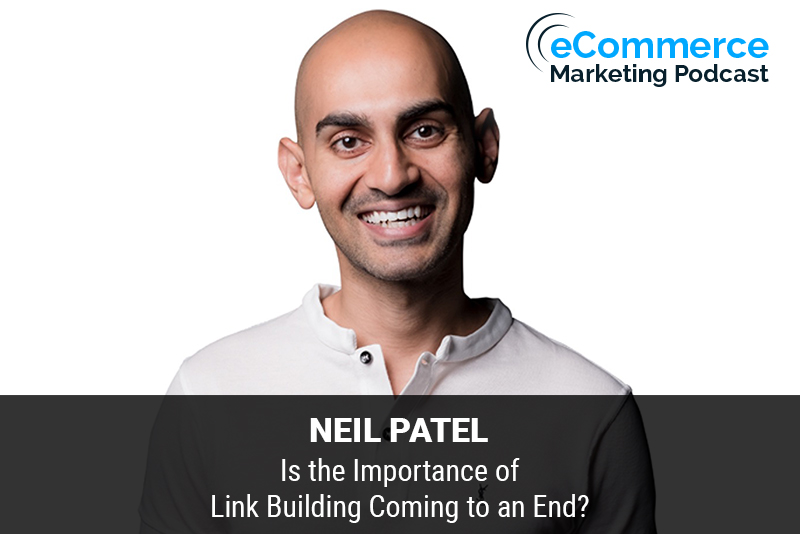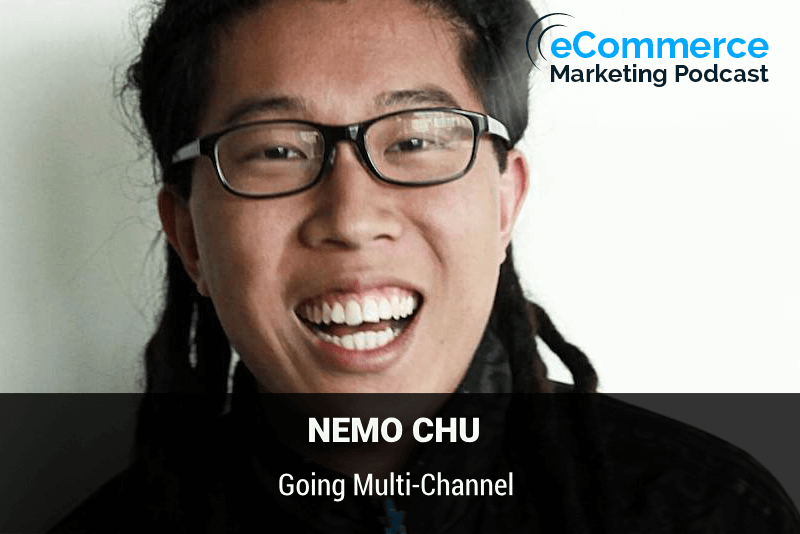
The eCommerce Marketing Podcast walks you through everything that goes into ecommerce marketing — from inbound marketing to paid advertising to conversions. Learn the strategies top marketing experts use to grow their businesses.
Marketing Strategies Revealed in this Episode:
- Where does a company begin when looking to increase sales on Amazon?
- What are things that can be done to optimize your Amazon listings and how do you set up and optimize Amazon PPC ad campaigns?
- How does a company continually get good reviews?
- What are some companies that are selling on Amazon right now that are killing it these days that we can all learn from, and what are some things they are doing to be successful?
- How companies can optimize their Amazon listings and overall appearance.

Episode Title: Elevate Your Amazon Sales with Justin Rapoport
Host: Arlen Robinson
Guest: Justin Rapoport, Co-Founder and Chief Operating Officer at AO2 Marketing
In this episode of the eCommerce Marketing Podcast, Arlen Robinson chats with Justin Rapoport, co-founder of AO2 Marketing, a performance-based Amazon management firm. Justin shares insights on his journey from founding AmmoniaSport™ to scaling AO2 Marketing. They discuss strategies for optimizing Amazon sales, the importance of building a brand, and how to effectively manage Amazon listings and PPC campaigns.
Key Takeaways:
- Introduction to Justin Rapoport and AO2 Marketing (00:20)
- Overview of Justin’s background, founding AmmoniaSport™, and the creation of AO2 Marketing.
- Impact of COVID-19 on eCommerce (03:15)
- The shift in online shopping habits, especially among the elderly demographic, and how this has changed the Amazon marketplace.
- Building a Brand vs. White Labeling (10:00)
- Importance of creating a brand with a clear message and the advantages it brings over selling random products.
- Optimizing Amazon Listings for Better Search Rankings (15:45)
- The importance of indexing for a variety of search phrases and finding low-competition keywords.
- Amazon PPC and SEO Integration (20:30)
- How to reinforce SEO efforts with targeted Amazon PPC campaigns and the necessity of continuous optimization.
- Strategies for Generating Authentic Reviews (28:00)
- Using review campaigns, product inserts, and feedback strategies to gain consistent, legitimate reviews while avoiding fake reviews.
- Successful Amazon Categories During COVID-19 (34:15)
- Discussion on which categories have thrived during the pandemic, including food, essentials, and home goods.
Justin Rapoport is the Co-Founder and Chief Operating Officer at AO2 Marketing, a full-service, performance-based Amazon management firm.
Contact Justin Rapoport:
- Email: [email protected]
- Website: AO2Marketing.com

